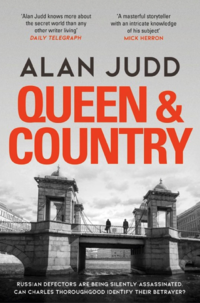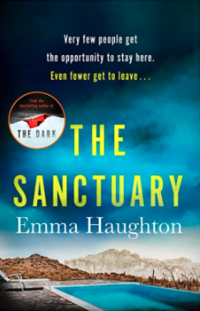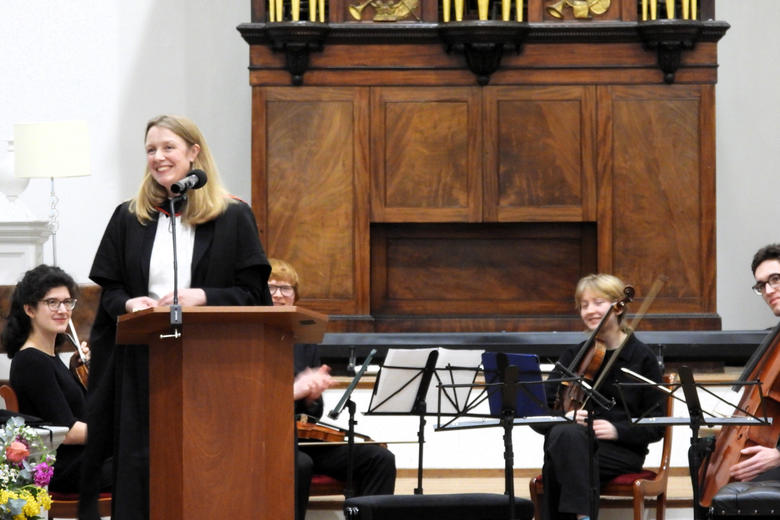OFF THE SHELF: NOVEMBER 2022

OFF THE SHELF: NOVEMBER 2022
This month, a classic spy yarn, a chilling thriller, some sparkling travel writing and a magisterial analysis of the Pope and the Jews in World War Two.
Published: 22 November 2022
Author: Richard Lofthouse
Share this article

Among the plaudits, it can’t come any better than having Sir Richard Dearlove, ex-Chief of MI6, say of Alan Judd’s (Keble, 1972) latest spy yarn Queen and Country ‘authentic, clever and wonderfully entertaining.’ A series of mysterious deaths, all involving ‘heart attacks’, rapidly seem linked as their victims turn out to be former Russian defectors living anonymous, protected lives in the English countryside. Russia could not have known how to locate them unless there is a leak in MI6, and so our trusty hero Charles Thoroughgood, who we have met before in Judd’s recent novels, is hauled out of his Oxfordshire hamlet retirement for another stab at the trade. What follows is a tense cat and mouse around trying to identify and obtain a sample of a frightening new substance called Konyets, which can be squirted into a victim’s face causing instant heart attack with no traces left behind, unlike Novichok – and thus the whole narrative picks up on the legacy of Salisbury but at a superior, more intricate level. No plot spoilers here but enough to say that we can’t think of a better Christmas read.

Emma Haughton’s (Hertford, 1984) The Sanctuary is published by Hodder and Stoughton on 24 November, following her much-acclaimed crime debut The Dark. This time we’re taken into a locked room thriller set in the Mexican desert. This is a popular genre right now, where the protagonist will be a sassy younger woman who can’t remember where she is or why, a simple premise for a tight, fast first-person narrative, short chapters and machine gun dynamics amplified by a perilous yet compressed group psychology setting that could easily be adapted to the stage. What begins with plausible, even soothing professional care, as in, ‘Yes, we are a registered rehabilitation centre, Mike explains, using a handkerchief to wipe sweat from his face,’ to a lot of sweary, sharp group dialogue but with increasingly sinister undertones. ‘Everything is fractured. All we can do is tear it down…’ runs out to ‘All that matters is we get out of this place alive.’ The author’s former life as a journalist helps greatly to grease the wheels. The pace is fast, the language abrupt. Think New York not London, and it works a treat.

Next up we have the latest travel jotting from Julian ‘Jules’ Brown (Mansfield, 1983), Watch out for Pirates, which is almost like a series of vibrant out-takes from a juicy film and most certainly the off-line little volume you may want to take next time you go somewhere, perhaps by train. In a second part of ‘bonus’ chapters, laced with hard advice, there is a persistent tension between accommodation you are tempted to book ‘easily’ online and what you end up getting, assuming you can actually find it. In any grand city, he says head for the old town, in the centre of which will be the cathedral. ‘Start scouting around the back streets – you’ll soon turn up the sort of places that don’t appear on any price-comparison site. We’re talking small, individually owned places.’ This rings a bell. In his previous volume Not Cool: Europe. By Train. In a Heatwave, Jules reaches Zagreb and notes, ‘My private, en-suite room with view looked and sounded a whole lot grander when I booked it online.’ The ‘garden’, he adds ruefully, ‘consists of a pot-holed concrete parking lot, several abandoned cars, a corrugated tin roof and an assortment of rusty, fractured drainpipes.’ So these sweet little volumes are great fun but laced with advice, often implicitly present in another narrative. If we bring the biggest lesson back home, it’s that Booking.com appears to offer all the accommodation in a given area. But it might actually be less than half and it won’t include big chains of hotels that can sometimes be a better bet, or the small indie hostels that rarely bother with the booking apps. The delusion of the internet that corrupts everything in its path. The tastier fruits of travel involve going back to a happier-go-lucky approach where you ring a buzzer, ask to see more than one room and can still politely decline. It used to be called empiricism, or even backpacking.

Finally to Rome and Pope Pius XII, The Pope at War by David I. Kertzer, who is Professor of Anthropology and Italian Studies at Brown University. The sub-title of this 600-page master narrative is more revealing: ‘The secret history of Pius XII, Mussolini, & Hitler.’ The book was only published by Oxford University Press on 17 November and surely deserves the widest possible audience, not only for the subject matter which draws on a massive trove of declassified Papal documents, but for the fact that it is so well written for a general as well as a scholarly audience. In short, the Italian church hierarchy is shown to have actively supported the Axis powers on the mistaken assumption that they would win the war, while the Pope cast his public speeches in such a way as to condemn no one even in the face of overwhelming evidence regarding the Holocaust. Perhaps most extraordinary is the revelation that within weeks of becoming pope in 1939, Pius XII entered into ultra-secret negotiations with Hitler through a Nazi Prince who was married to the daughter of the King of Italy. Almost no one knew about this at the time, not even the German ambassador to the Holy See. Hitler biographer Ian Kershaw puts the historiographical case thus, ‘The book [by Kertzer] ends much of the debate about the pope and surely makes any lingering apologia for his stance implausible.’
Off the Shelf typically concerns books where there is an Oxford connection, whether the place, the University or of course the author.
Alumni can claim 15% discount in any Blackwell's store with a My Oxford Card.
Alumni can claim 20% discount at Oxford University Press.
Join the Oxford Alumni Book Club at: www.alumni.ox.ac.uk/book-club















